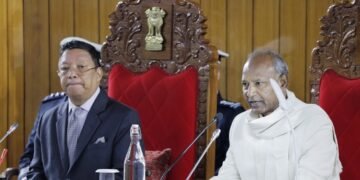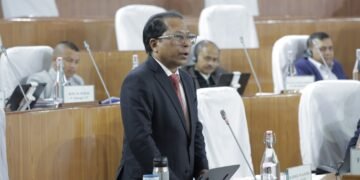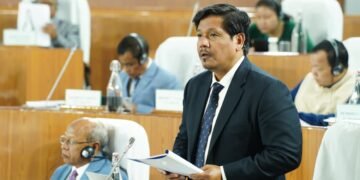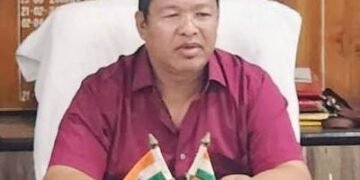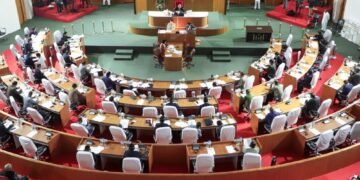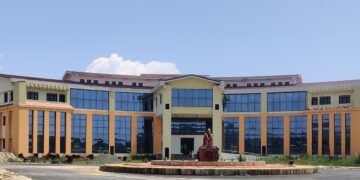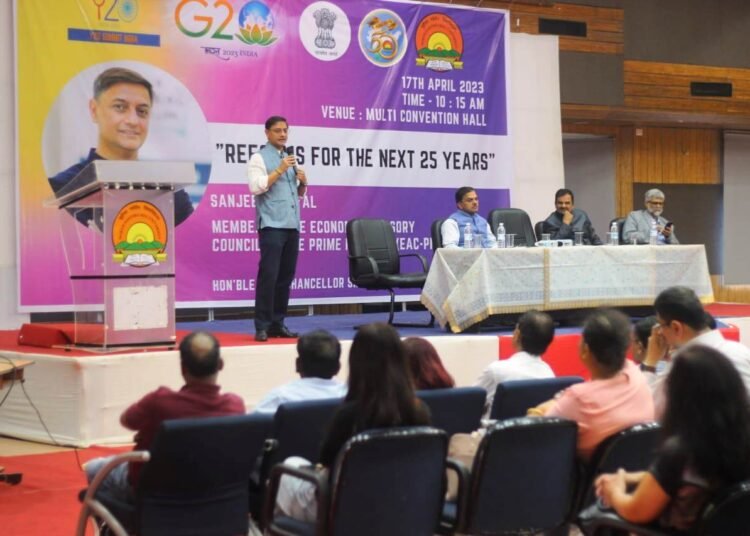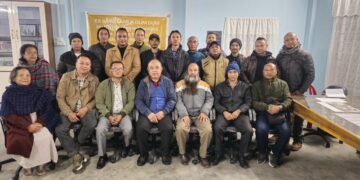A ‘Youth 20’ lecture, part of NEHU’s initiatives for the ongoing G20 meetings being held in Shillong, was organised today on the subject of the next 25 years of reform, addressed by Sanjeev Sanyal, a member of the Prime Minister’s Economic Advisory Council.
In attendance were NEHU faculty, students, staff, researchers and others, who listened to Sanyal on the course of reform that the country is going to undertake in the next two decades.
He delineated the need for transparency, innovation, efficiency and quick solutions to pending problems of delivery from the system and advocated a faster path of reform with due interventions from the government.
The lecture was organised by NEHU’s Office of International Affairs with the aim to understand India’s attempts to emerge into a global economic power by pursuing practical solutions to serious problems of running the system.
Sanyal, who is also the author of Land of the Seven Rivers, The Ocean of Churn, India in the Age of Ideas, and the Indian Renaissance, enthralled the large audience, a NEHU press release stated. Ideas of reform, spelt out in terms of judicial reform, financial reform, bureaucratic reform and the need for finding avenues of opportunities for the youth, was emphasised by Sanyal.
He argued that uncertainties and instabilities of a present day economy necessitates a kind of solution that is arrived at by the market, albeit with some directions and interventions from the government. Citing the work of the Indian government during the Covid pandemic, Sanyal pointed out how a presumed equilibrium does not come into existence and how one needs to bring about certain changes to address the uncertainties, in spite of going out of copybook style of running the economy.
The present growth figure of 5.7 percent, according to Sanyal, of the Indian economy is a safety valve, which would stave off inflationary pressures and balance of payment crises, etc. To a pointed question about creation of jobs for youth, he candidly pointed out that job creation is no longer in the hands of the government but depends on finding ways and means of setting up business in every sector.



